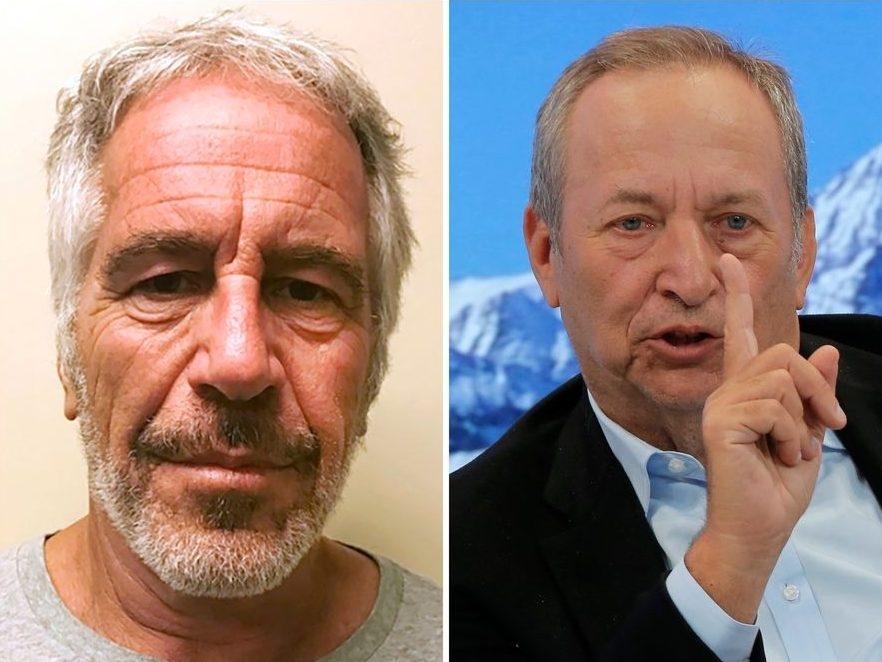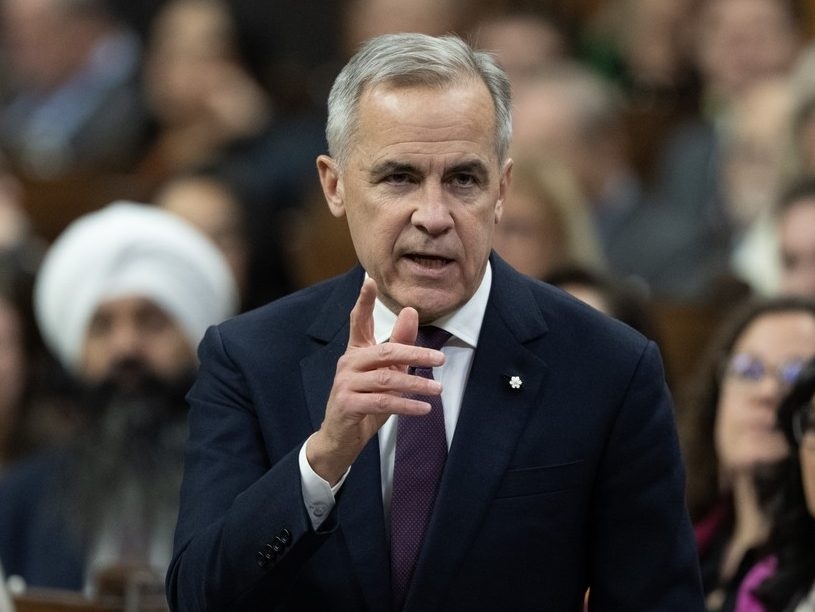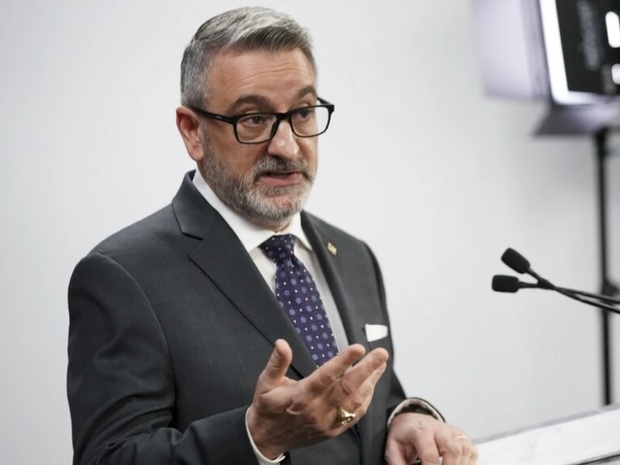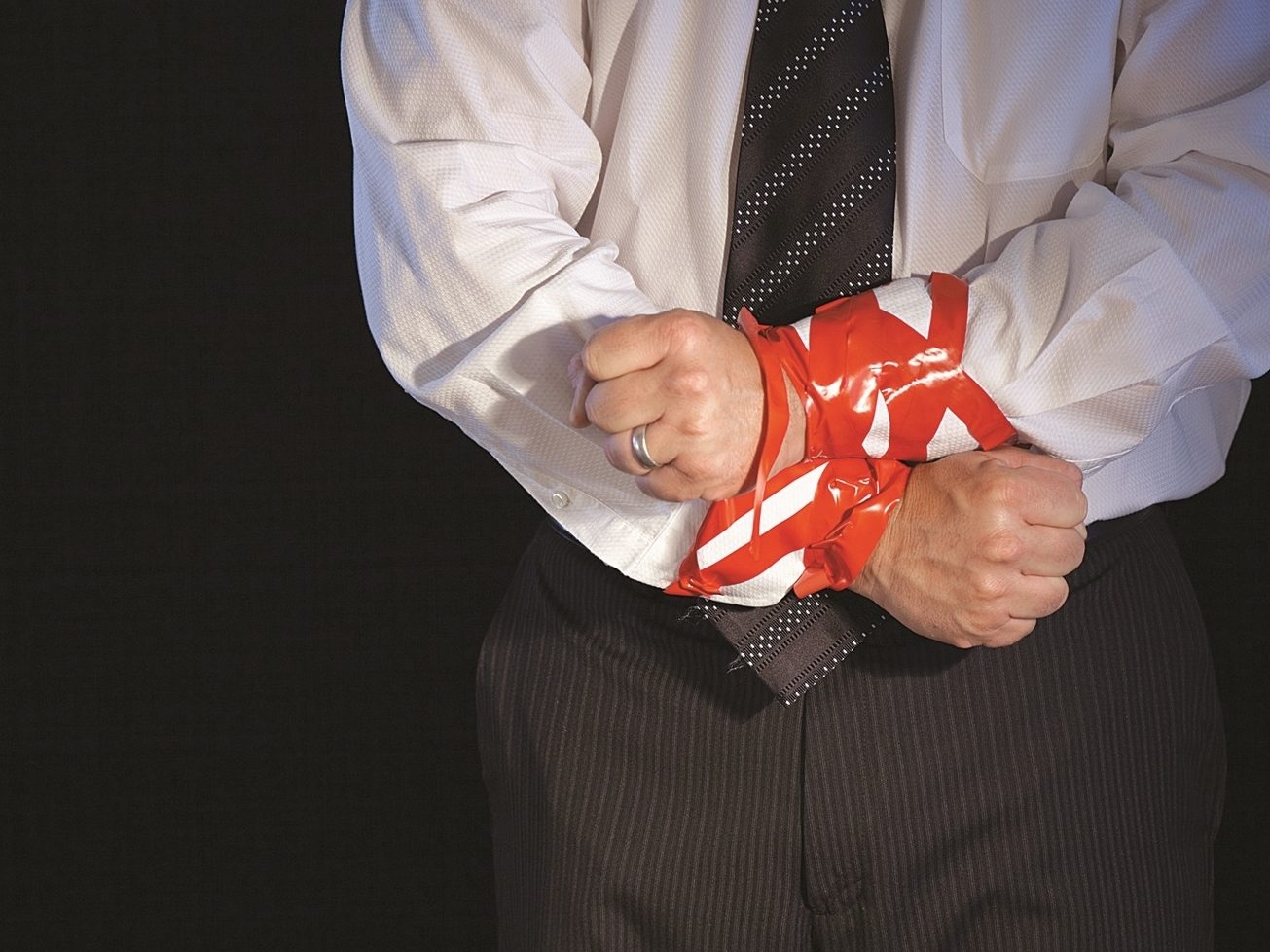A storm is brewing within the Quebec Liberal Party, as leader Pablo Rodriguez has launched an urgent investigation into allegations of vote-buying during his recent leadership campaign. The accusations, detailed in text messages, suggest financial incentives were offered to secure party memberships and ultimately, votes.
Rodriguez, visibly resolute during a Montreal press conference, declared his complete innocence. “We have nothing to hide,” he stated, emphasizing the party’s willingness to cooperate fully with an independent external audit. He acknowledged first learning of the allegations Wednesday morning through media reports, admitting he couldn’t immediately verify their truthfulness.
The core of the controversy lies in a series of text messages between two unnamed individuals purportedly involved in the campaign. One message explicitly discusses “paid cards” for new members, with a promise of a $100 “brownie” – slang for a $100 bill – after casting their ballots. The messages reveal a calculated strategy, delaying card submissions to ensure votes were secured.
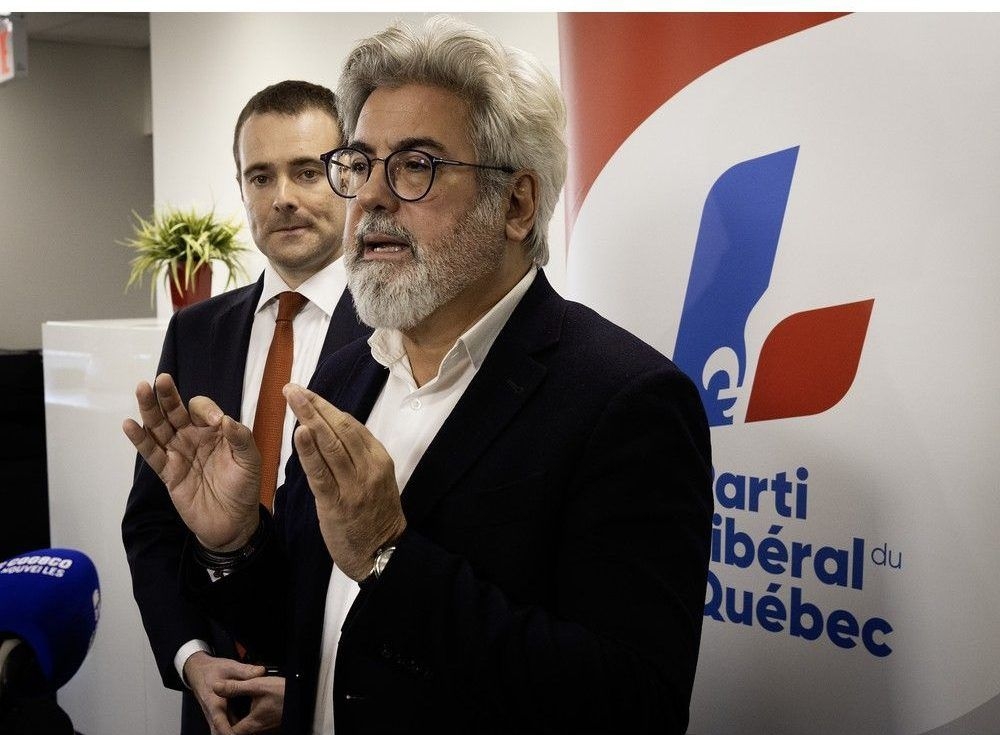
The stakes were high, according to the texts. One individual bluntly stated, “If Pablo does not win, I am finished.” This underscores the desperation and potential pressure within the campaign to achieve victory at any cost. The messages paint a picture of a high-stakes operation where membership acquisition wasn’t simply about support, but about a transactional exchange.
While the individuals involved remain unnamed, political analyst Jonathan Trudeau identified the alleged texters as Sona Lakhoyan Olivier, a Liberal MNA, and Alice Abou-Khalil, a member of the Coalition Avenir Québec currently rumored to be considering a switch to the Liberal party. Both MNAs have vehemently denied any involvement, claiming the messages could be fabricated or manipulated.
Despite the denials, Rodriguez has resisted calls to immediately remove Lakhoyan Olivier from the Liberal caucus, insisting on allowing the investigation to run its course. He maintained his unwavering belief in his own integrity, stating firmly, “I will never let anyone question my integrity.”
The timing of these allegations couldn’t be worse for the Quebec Liberals. The party is already reeling from internal turmoil, having recently removed parliamentary leader Marwah Rizqy and suspended her from caucus following a dispute over the firing of a key aide, Geneviève Hinse. Rodriguez characterized Rizqy’s actions as a “breach of trust.”
The connection between Rizqy’s dismissal and the vote-buying allegations remains unclear, but reports suggest the firing stemmed from accusations of improper use of National Assembly funds for partisan activities. Hinse herself has defended her reputation, expressing shock and hurt over her abrupt termination and vowing to defend herself vigorously.
The unfolding crisis casts a long shadow over the Quebec Liberal Party as it prepares for a general election less than a year away. The independent audit, promised by Rodriguez, is expected to be swift, but the damage to the party’s reputation may prove far more lasting. The investigation will determine not only the veracity of the allegations, but also the future of the Liberal Party in Quebec.


